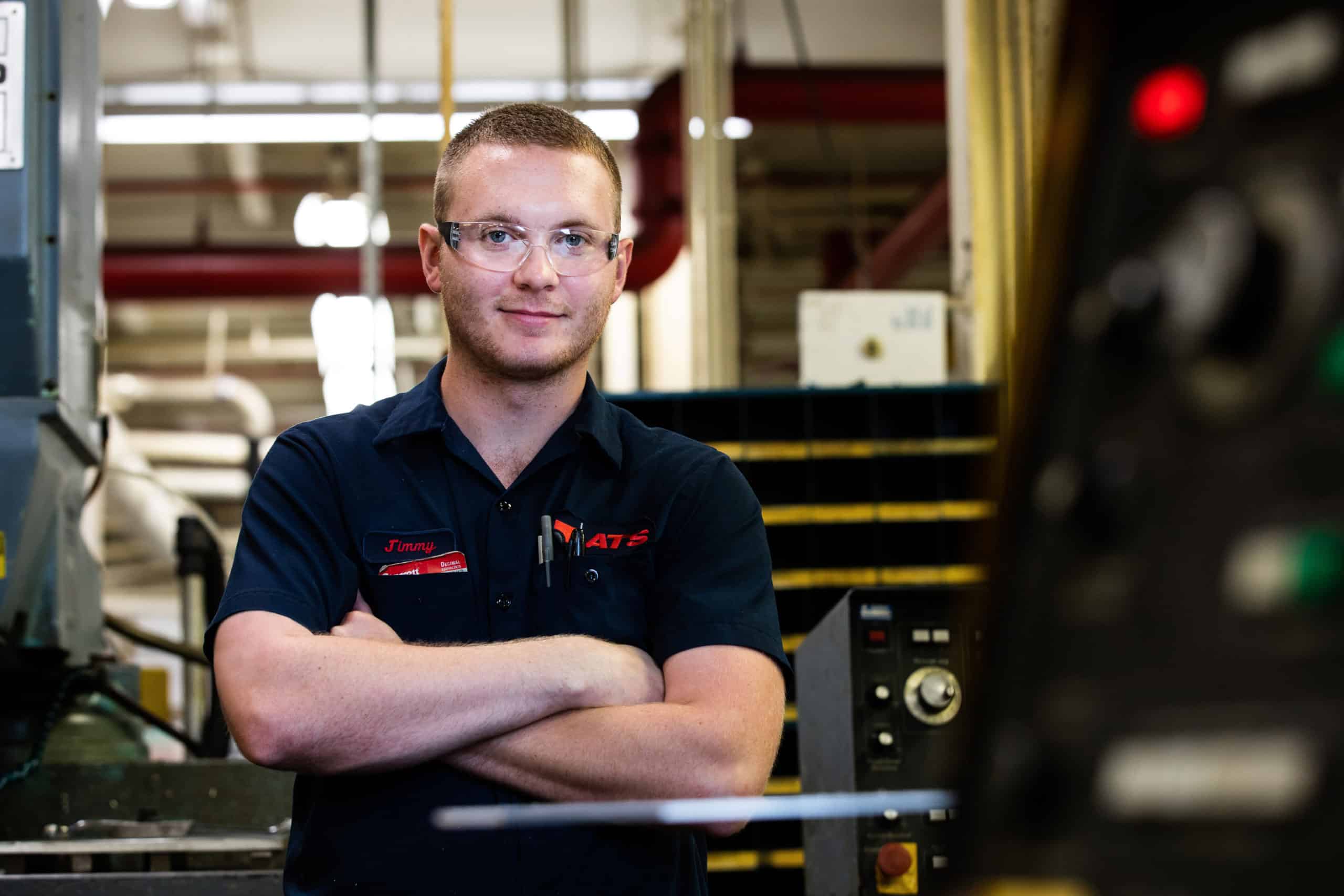It’s a known fact that the manufacturing industry is suffering from a skills gap. With nearly 2.1 million jobs needing to be filled between now and 2030, many companies are left with a large number of open positions – many of which are due to the evolution of the manufacturing and technical job market. Just a few of these changes include:
- The “Internet of Things” i.e., connected equipment
- Increased automation, and enhancements in the types of automation that are available
- More reliance on artificial intelligence and machine learning
- Evolving factory maintenance practices
- A greater focus on training and employee retention as a result of the tight labor market
In order to meet these new requirements, employers are seeking a greater range of abilities in tech candidates — but are having difficulty finding the right person for the job. To help both technical recruiters and tech candidates in search of a new career, we’ve compiled a list of the top skills for technical and manufacturing jobs. First, we’ll look at 7 “hard” skills.
Top “hard” skills
Computer-automated technologies (CAT): Connected equipment, also sometimes called the Internet of Things or Industry 4.0, forms the backbone of most of the evolution in manufacturing over the past several years. Personnel who can set up, program, format, troubleshoot, and perform maintenance on connected machinery and components are at the forefront of today’s manufacturing landscape.
Collaborative automation programming: Automation continues to evolve and change the way the modern business operates. A major development in automation is increased collaboration between humans and robots, as technology has developed to make it safer for the two to work in close proximity to each other. Employees who are able to work with and manage these collaborative robots are continuing to enhance productivity and efficiency.
Traditional production skills: Tried-and-true production skills like welding, machining, fabrication, etc. are still critical, no matter the level of automation at a plant.
Workforce development and training: The tight labor market and fast pace of technology evolution means that more companies are looking within their existing ranks to fill the needs listed in this article. As such, manufacturers are looking for individuals with the ability to effectively train others on new technology, support ongoing education and development, and motivate their peers.
AI and machine learning: These fields are at the core of the automation revolution, powering advances like collaborative robots as well as assisting in data analysis and process improvements.
Automation systems development: Integrating and increasing automation is a key concern of manufacturers looking to improve efficiency and productivity. As the field continues to advance, keeping up to date on automation systems becomes more complex and integral to the workforce.
Data science: The benefit of connected devices lies in the wealth of data that they record, but this knowledge is not useful without first being properly analyzed and molded into usable information. Data scientists are in high demand in order to fulfill this role for manufacturers.
Along with these hard skills, a number of “soft” skills have also been in high demand for technical and manufacturing employers. These abilities can apply across a number of job functions, and support numerous facets of the evolving technical workplace.
Top “soft” skills
Critical and creative thinking: The ability to think in new ways is a necessity as a wealth of new technology makes its way into the manufacturing industry. Advances like connected devices have, essentially, unlimited potential to transform the diverse range of facility types. Most of the time, the greatest improvements will be realized in brand new, unprecedented use cases. It’s critical to have personnel who are unafraid to try something different in order to get the most out of these investments.
Adaptability: Change is a constant in any technical field, but the pace of technology evolution in manufacturing has increased dramatically in recent years. Employees – whether new hires or existing workers – must be able to learn new things and manage change effectively, no matter their role.
Teamwork: With new coworkers and new positions comes the need to tactfully and effectually work with different people and personality types. Teamwork and collaboration are critical soft skills for any organization and will eventually yield the greatest benefits as colleagues learn to work together successfully in any situation.
If you are in search of talent with these top 10 skills but continue to experience difficulty locating qualified personnel, ATS is here to help. We can provide your organization with a top-tier workforce ready to perform exceptional factory maintenance services. For more information, contact us today.


